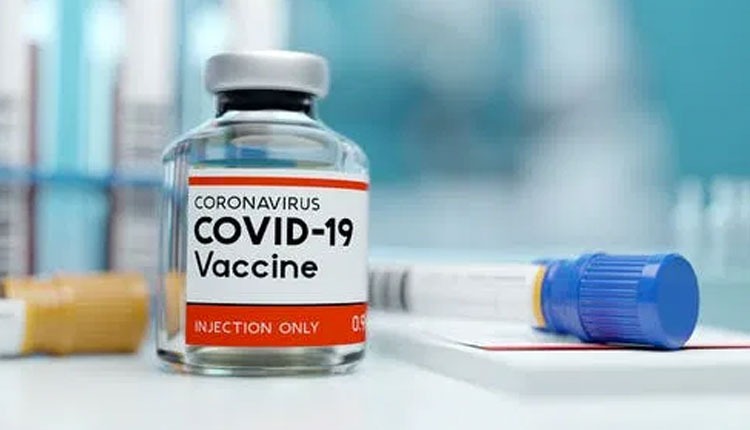Viruses continuously mutate as they grow, and most modifications are not major. COVID-19 vaccines of first-generation seem to work against the variants of today, but manufacturers are already taking action to modernise their recipes if health authorities decide that.
Pfizer and Moderna COVID-19 vaccines come with new and up-to-date technology. A genetic code for the spiked protein that covers the coronavirus is used in the so-called mRNA vaccines to help your immune system to recognise and fight the real thing.
If a variant with a mutated spike protein develops that can not be detected by the original vaccine, companies would swap out that piece of genetic code for a better match — if and when regulators decide that’s necessary.
YOU MAY LIKE TO READ: Mutation In Spike Protein Makes Coronavirus Eight Times More Infectious: Study
Mutation worry grows for vaccines
The mutation is known as E484 and occurs in the spike protein, the part of the virus used to penetrate the target cells. Two widely-spread variants have been reported – B.1.351 in South Africa and P.1 in Brazil.
Novavavax, which claimed that its dosage was 96 per cent effective in the prevention of disease with the older version, indicated that the efficacy decreased to 60 per cent in a small study in South Africa where B.1.351 accounted for most infections. In the case of the J&J-Janssen dose, the efficacy rate was 57% (for the SA strain) compared to 72% in the US, where infections occurred with the older variant.
What about Indian vaccines?
The AstraZeneca vaccine is a contract manufactured under the Covishield brand by the Serum Institute, which is expected to be substantially less effective against the new variant. It is one of the two vaccines rolled out in India’s covid-19 immunisation programme so far, the other being Covaxin from Bharat Biotech.
In a pre-print of a laboratory sample, Covaxin was shown to be successful against the UK strain of the virus, but Bharat Biotech did not perform a similar study against the South African variant.
Has the virus morphed enough to modify shots?
It may be more difficult to upgrade the other COVID-19 vaccines. For example, the AstraZeneca vaccine uses a harmless variant of the cold virus to bring the gene spike protein into the body. Growing cold viruses with the updated spike gene will need an upgrade.
It’s more difficult to determine if the virus has modified enough to modify the shots.
Globally, in order to detect vaccine-resistant mutations, health officials can monitor coronavirus mutations. They will still have to determine whether to defend against more than one strain in each revised vaccine.
Overall, the procedure will be close to what is currently happening with the vaccine against influenza. Influenza viruses mutate even more quickly than coronavirus viruses, so every year, flu shots are modified and must defend against several strains.

